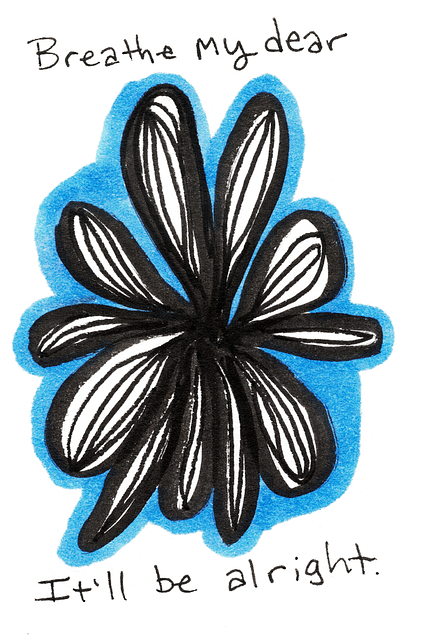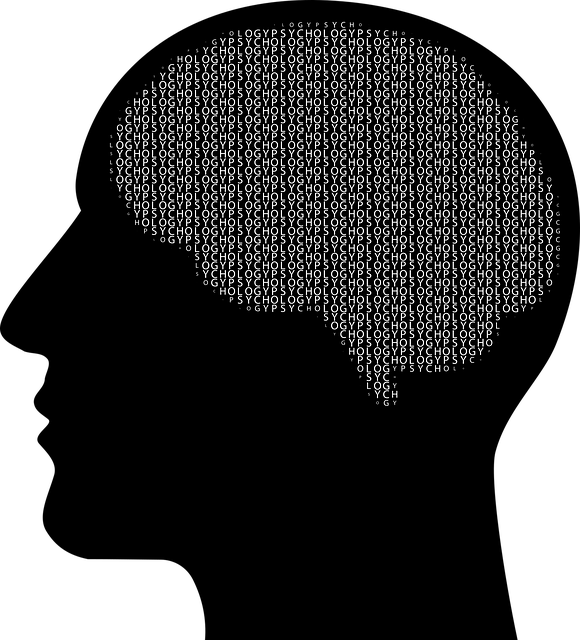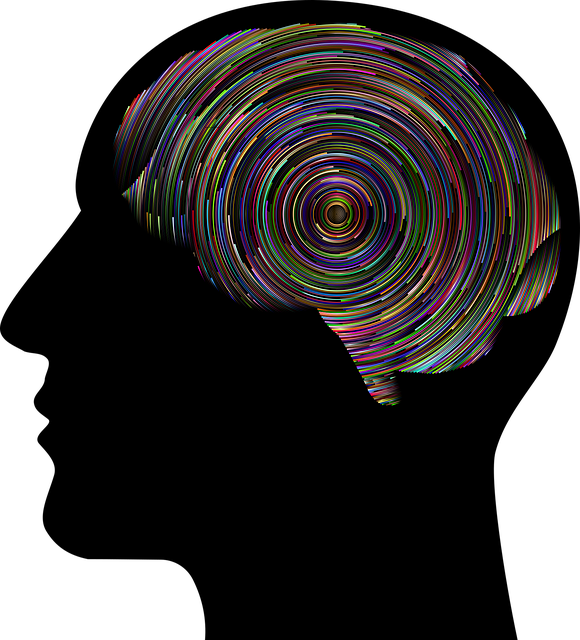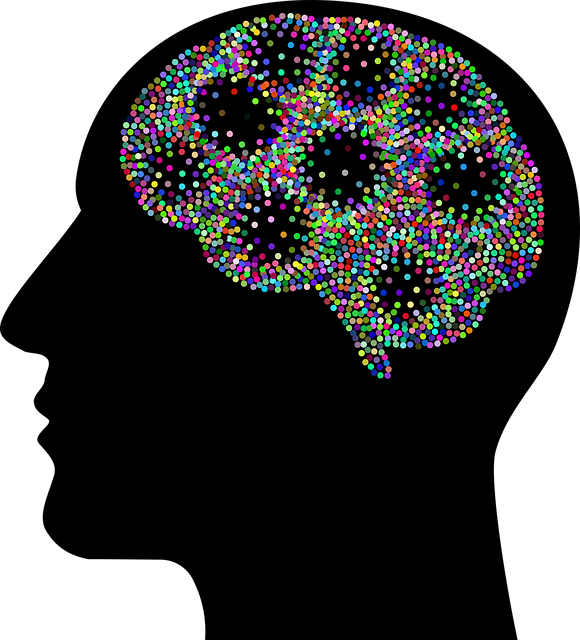Adolescents with neuro disorders face unique challenges in healthcare due to their cognitive and behavioral needs. Cultural competency training is crucial for providers to offer empathetic support, understanding cultural nuances that shape patients' perspectives on health and treatment. Integrating mental wellness as a core component, therapists can employ empathy-building strategies to improve therapy delivery. Burnout prevention is essential to maintain quality care, with comprehensive cultural competency training helping professionals avoid burnout and sustain dedication to meeting the unique needs of this vulnerable population. Effective training strategies, including interactive workshops, role-plays, and evidence-based therapeutic modalities, enhance cultural sensitivity and improve patient outcomes for therapy for adolescent teens neuro disorders.
Healthcare provider cultural competency training is essential for delivering effective care to adolescent teens with neuro disorders. This article explores the critical role of understanding cultural nuances in improving patient outcomes, particularly focusing on adolescents facing neurologic challenges. We examine the impact of cultural biases and stereotypes on teen therapy and present evidence-based training strategies to enhance cultural sensitivity in medical settings. By integrating these practices, healthcare providers can navigate complex cultural landscapes, fostering more inclusive and compassionate care.
- Understanding Cultural Competency in Healthcare for Adolescents with Neuro Disorders
- The Impact of Cultural Biases and Stereotypes on Teen Therapy
- Effective Training Strategies to Enhance Cultural Sensitivity in Medical Settings
- Real-World Applications: Improving Patient Outcomes through Culturally Competent Care
Understanding Cultural Competency in Healthcare for Adolescents with Neuro Disorders

Adolescents with neuro disorders often face unique challenges when navigating healthcare systems due to their specific cognitive and behavioral needs. Cultural competency training is crucial in ensuring that healthcare providers offer empathetic support tailored to these teens’ experiences. This involves understanding not only the medical aspects of their conditions but also the cultural nuances that shape their perspectives on health, illness, and treatment.
By integrating mental wellness as a core component of care, therapists can employ empathy-building strategies to bridge the gap between patients and providers. Such approaches foster open communication, enhancing the delivery of therapy for adolescent teens with neuro disorders. Moreover, burnout prevention strategies for healthcare providers are essential, as they directly impact the quality of care given. Through comprehensive cultural competency training, professionals in the field can avoid the pitfalls of burnout, thereby ensuring sustained dedication to meeting the unique needs of this vulnerable population.
The Impact of Cultural Biases and Stereotypes on Teen Therapy

Cultural biases and stereotypes can significantly impact the therapeutic process when treating adolescent teens with neuro disorders. Healthcare providers, often unconsciously, bring their own cultural lenses into sessions, which may influence how they perceive and interact with young clients. For instance, stereotypes about youth with neurological conditions can lead to assumptions about their abilities, behaviors, or emotional states, hindering a nuanced understanding of the individual’s needs.
These biases can result in misaligned therapy goals and approaches, affecting the overall effectiveness of treatment. Teenagers dealing with neuro disorders may already face unique challenges related to self-care routine development for better mental health and conflict resolution techniques. When cultural stereotypes are at play, it becomes harder for them to receive tailored support that nurtures their inner strength development. Recognizing and addressing these biases through comprehensive cultural competency training is crucial in ensuring equitable and compassionate healthcare for all adolescents.
Effective Training Strategies to Enhance Cultural Sensitivity in Medical Settings

Effective training strategies are paramount to enhancing cultural sensitivity within medical settings, ensuring quality care for all patients, especially those from diverse backgrounds like adolescent teens with neuro disorders. Interactive workshops and simulations can immerse healthcare providers in various cultural scenarios, fostering empathy and critical thinking. These sessions should cover a range of topics, including cross-cultural communication techniques, unconscious bias awareness, and an exploration of different cultural beliefs related to health and illness. By actively engaging participants in role-plays and case studies reflecting real-life situations, trainers can help providers navigate sensitive issues with cultural nuances in mind.
Incorporating evidence-based therapeutic modalities like cognitive-behavioral therapy (CBT) for depression prevention and emotional regulation can also be beneficial. These approaches not only teach teens coping mechanisms but also enhance their overall well-being, boosting confidence and self-esteem. Through tailored training programs that integrate such strategies, healthcare providers can better support the unique needs of adolescent patients with neuro disorders from diverse cultural backgrounds, ultimately improving patient outcomes and satisfaction.
Real-World Applications: Improving Patient Outcomes through Culturally Competent Care

In the realm of healthcare, cultural competency training is a game-changer, especially when applied to the intricate field of therapy for adolescent teens with neuro disorders. By equipping providers with the skills to understand and respect diverse cultural backgrounds, this training fosters an environment conducive to improved patient outcomes. When therapists are culturally competent, they can better navigate complex emotional scenarios, offering tailored support that addresses not just the symptoms but also the unique needs and challenges faced by these young individuals.
Real-world applications demonstrate the power of this approach. Culturally sensitive therapy sessions can lead to enhanced emotional regulation skills for teens, teaching them effective stress reduction methods. This holistic care extends beyond the clinic, promoting self-care routine development for better mental health. As a result, providers are able to foster strong therapeutic alliances, leading to increased engagement and improved adherence to treatment plans. Ultimately, culturally competent care ensures that adolescent patients with neuro disorders receive personalized attention, enhancing their overall well-being.
Cultural competency training is a game-changer in healthcare, especially when addressing the unique needs of adolescents with neuro disorders. By recognizing and overcoming cultural biases and stereotypes, medical professionals can deliver more effective therapy and improve patient outcomes. Through innovative training strategies, healthcare providers gain valuable insights to navigate complex patient interactions, fostering an inclusive environment that honors diverse cultural backgrounds. This approach ensures culturally competent care becomes the standard, ultimately enhancing the overall well-being of adolescent teens with neuro disorders.










